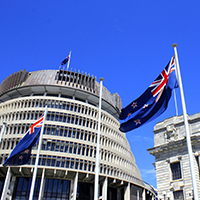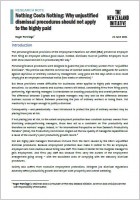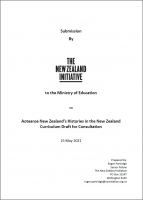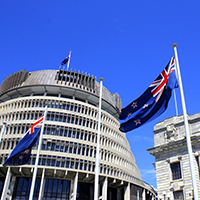
Mike Hosking reviews Roger Partridge' NZ Herald article on the Governments' Covid strategy
Mike Hosking reads out Roger Partridges' opinion piece (published in the NZ Herald) about why the Government can't drive covid strategy by looking backwards. Roger points out that looking back at what worked on the early part of the Covid journey may not help with what is in front of us now and looking backwards is a big part of New Zealand's current predicament. Read more
















